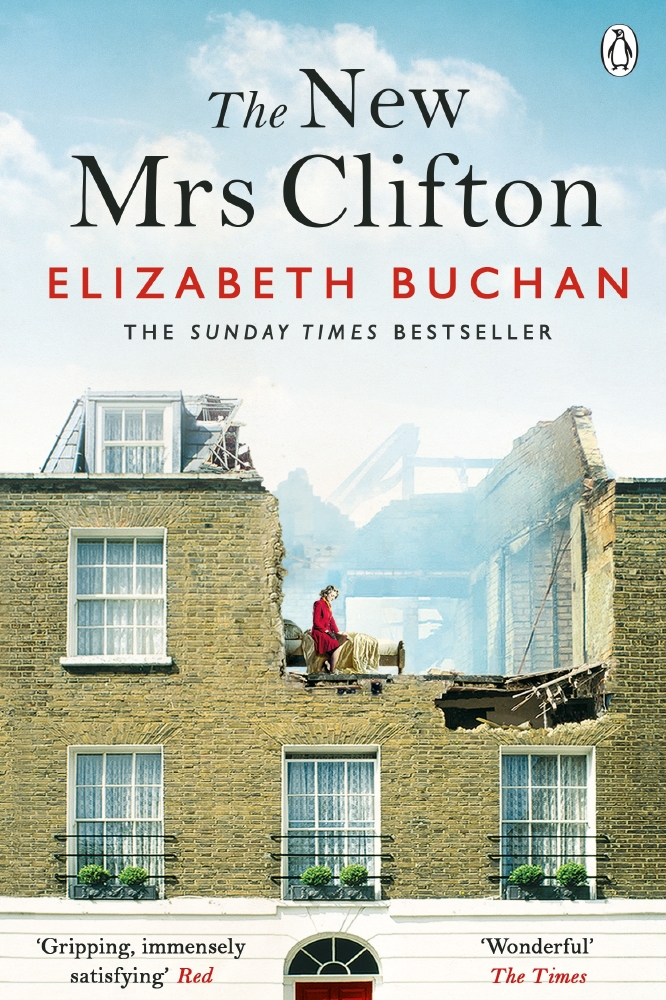Upon the release of her new book The New Mrs Clifton, Elizabeth Buchan tells us how to survive when you write for a living.

Elizabeth Bucan
Be humble in the face of your work
I have learnt that, however, many books I may have written I must never be careless about the effort I put into the next one, or water down what I hope to achieve or be complacent about the result. Each new novel must be tackled as if it is the first – and, in some respects, it will be the first because I bring to it an additional accumulation of experience.
There is such a thing as too much research
There is always the temptation to lead your readers up every fascinating byway of your given subject which can make the reading experience as dense as unleavened bread - in my first novel about the French Revolution, I even included the colour of Danton’s kitchen chairs (straw- coloured since you ask). Obviously, you must know what you are writing about but choosing one or two salient facts or details is the way to achieve maximum traction.
Displacing is a fact of life
It is wise to repeat every day. ‘No, I do not need to do the ironing/shopping/lunching/to make long phone calls. Or, shop online.’ These are temptations (if you can call housework a temptation) which are dangled in front of me to stop me writing.
Know thyself
When I started writing novels I quickly realised that a few home truths need to be sorted out such as when is it the best time of day to be nailed down onto a chair? I also understood that it’s best to be precise and honest about this because I was in for the long haul.
Set yourself a realizable target
You may have another job, or small children to care for or limited time. This is perfectly understandable so it is no use imagining you will produce War and Peace in a couple of months. When I had a job, I kept my daily quota to a do-able two pages a day. I reckoned two would turn into four, four into eight etc. You know what? They did.
Never surrender your sense of humour
Experience has taught me to be always prepared to battle with criticism, deadlines, fatigue and disappointing sales by looking for the humour in them. That and the cultivation of the art of a gracious smile.
Remember it is only human for people to tell you like it is
The lady in the audience I was talking to in Austin, Texas, who crossed her arms and said in ringing tones, ‘I hate your book,’ was perfectly entitled to express her opinion. (At least, that’s what I keep telling myself.) As the writer, I listen as to why, absorb any useful criticism and in that case noted that, even if she did hate my precious baby, she did get to the end of it. Any book that has life in it, is bound to attract contrary shades of opinion.
A writing friend is essential
In fact, they are beyond price. No one else on this planet will understand the pitiful yo-yo of emotion that is the writer at work. A writing friend can soothe, stimulate, criticise or simply listen in a way that no one else can or will – precisely because, in a very short while, you will be offering the same services back to them.
Learning on the Job
You can go to any number of creative writing courses or listen to umpteen lectures and read writing manuals but there is nothing so efficient and productive as the daily wrestling bout to get your ideas onto the page. In my case, I try to do this every day. It’s akin to going to the gym - only in this case it’s to work on the writer’s muscles not the waistline.
Never have chocolate in the house
I probably don’t need to go into the reasons why…
The New Mrs Clifton is published by Penguin books, paperback, £7.99


